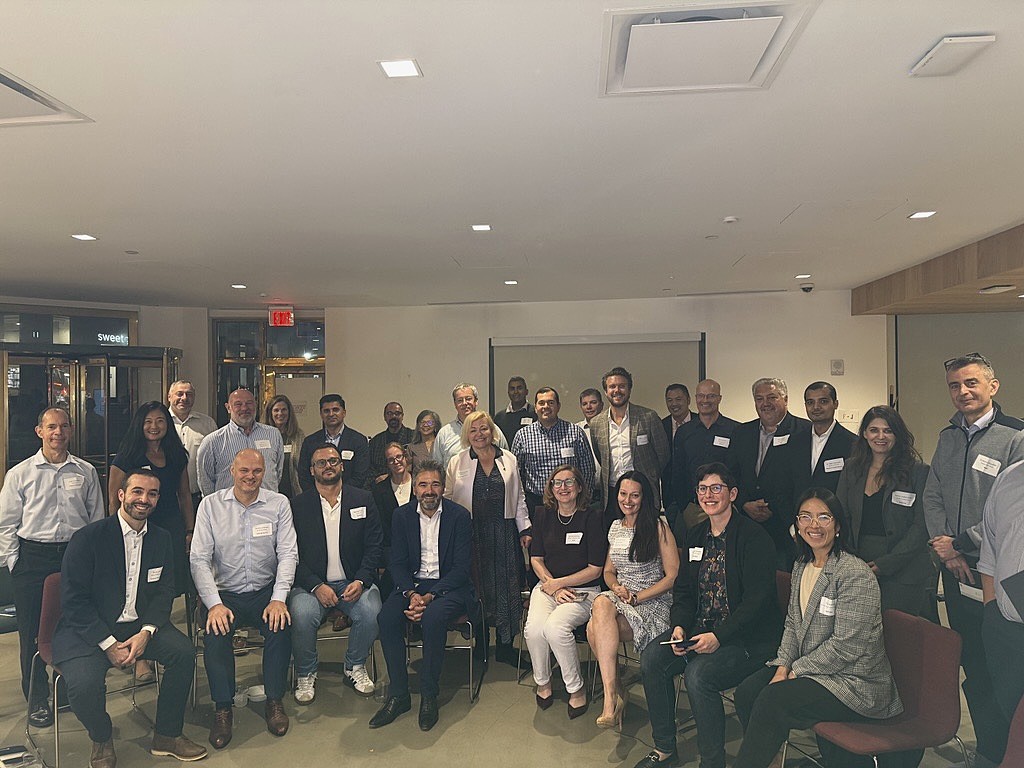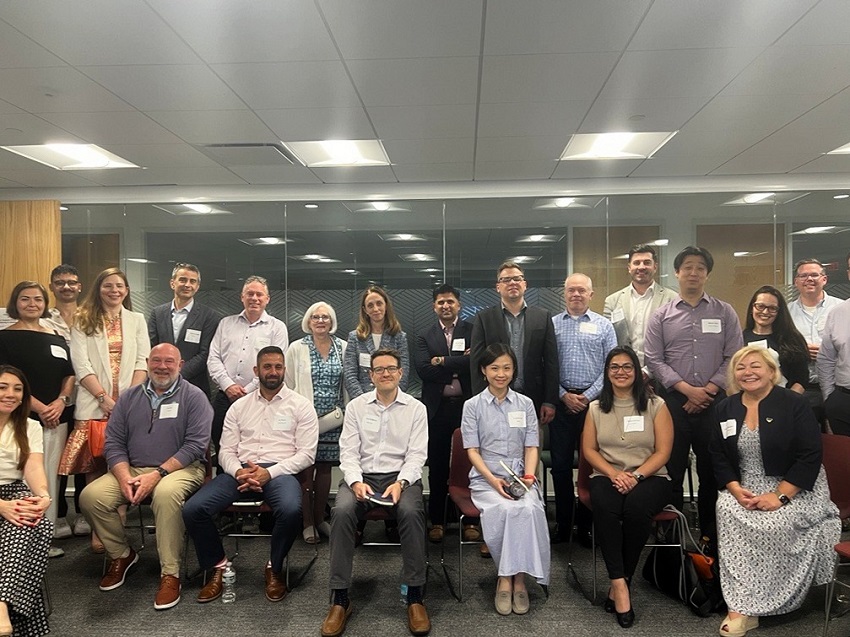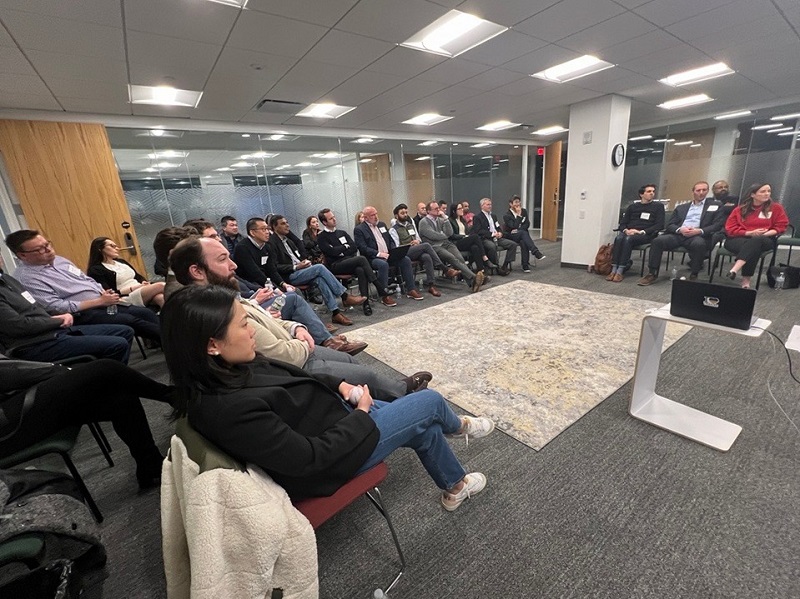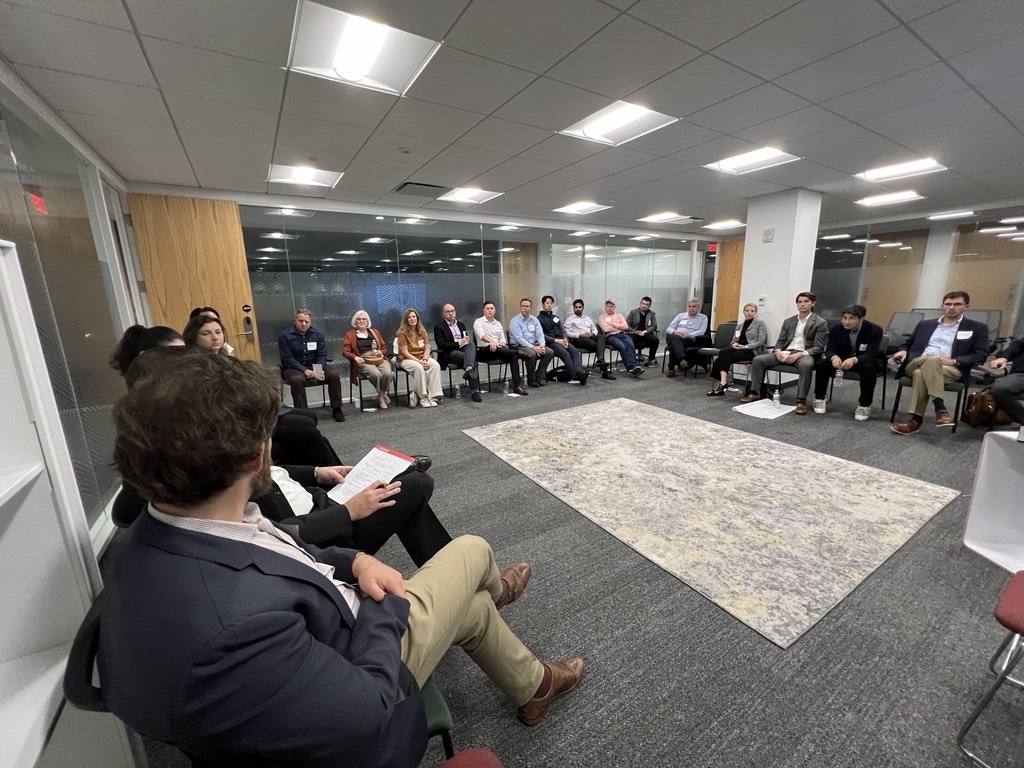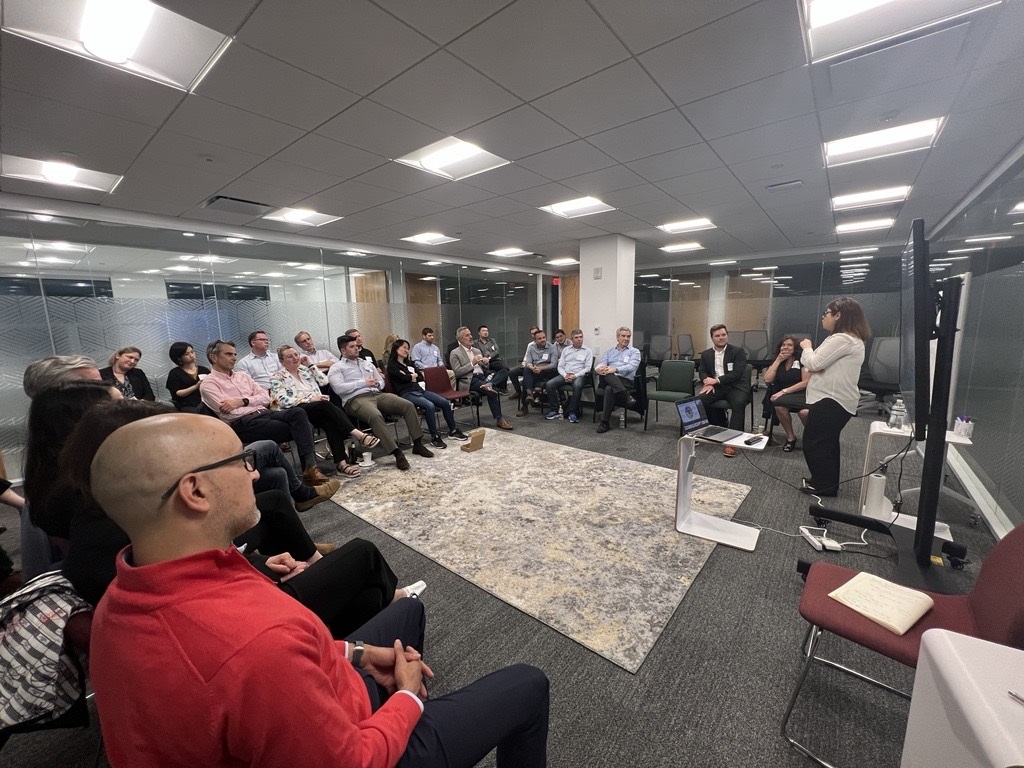
The Boston FP&A Board was established on the 24th of October 2017 as an educational and networking platform for the local FP&A community.
Since then, a diverse group of members, representing leading global and local companies such as LEGO Systems Inc, Amazon, Takeda, Schneider Electric, CBRE, Siemens Gamesa, Twilio, MassMutual, Philips, and many others joined this think-tank. Together, we explore the best way to address the challenges in the FP&A community in the 21st century. During the meetings, we guide the development and promotion of best practices in global FP&A, identify and support new trends, skillsets and innovations.
The speakers from Moderna, Aetion, Schneider Electric, Takeda Pharmaceuticals, and others presented their insights and case studies.

Healthcare and Life Science leader with a strong focus on finance and business performance and proven...
FP&A Board future meetings
FP&A Board previous meetings
Boston FP&A Board: Transforming FP&A with Human + AI
In this article, senior finance leaders at the Boston FP&A Board explore how human–AI synergy is transforming FP&A, from generative and agentic AI adoption
Read moreBecoming a Better FP&A Business Partner: Insights from Boston FP&A Board
The Boston FP&A Board members came together on June 13, 2024, for a session dedicated to mastering modern FP&A Business Partnering. This article highlights
Read moreHow to Leverage Predictive Planning and Forecasting: Boston FP&A Board Insights
The Boston FP&A Board members came together at Spaces State Street on March 21, 2024, for a session dedicated to mastering FP&A Predictive Planning
Read moreCreating Your Roadmap to Intelligent Transformation: Boston FP&A Board Takeaways
On the 26th of October, 2023, Boston welcomed the much-anticipated discussion on creating your transformation map with the help of the FP&A Trends
Read moreEssentials of Telling an Impactful Story: Boston FP&A Board
This report summarises key takeaways from the Boston FP&A Board on June 15, 2023, dedicated to compelling storytelling.
Read morePagination
Subscribe to
FP&A Trends Digest

We will regularly update you on the latest trends and developments in FP&A. Take the opportunity to have articles written by finance thought leaders delivered directly to your inbox; watch compelling webinars; connect with like-minded professionals; and become a part of our global community.



